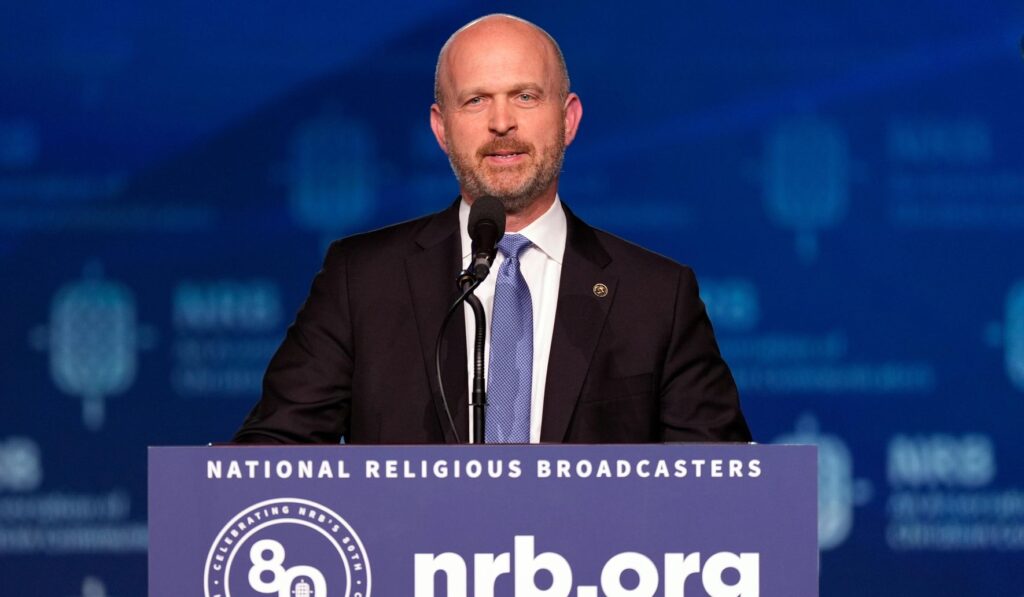The Heritage Foundation’s antisemitism task force has stepped away from the institution “for a season,” with members withdrawing amid disputes tied to President Kevin Rob, signaling a forceful internal disagreement over leadership and the defense of Jewish communities.
The move by the task force is a clear break from the usual quiet of think-tank politics, and it exposes a raw disagreement inside a major conservative institution. Leaders who built that unit are signaling they cannot, in good conscience, continue under the current conditions. The phrase “for a season,” captures both the pause and the hope that this is not meant to be permanent.
For conservatives who care about the fight against antisemitism, this is uncomfortable and consequential. The task force was formed to defend Jewish Americans and to study rising threats, and its departure will be noticed by policymakers and donors. This isn’t just an internal HR spat; it’s a public judgment about direction and priorities.
Members are making a stand that reads as much about principles as it does about personalities. Withdrawing from the organization sends a message: they think leadership has failed to protect the mission. They point to decisions and tone that they say undercut the seriousness of the work.
On the other side, the institution faces a test of credibility and cohesion. The Heritage name still carries weight in conservative circles, but those stripes are earned through consistent action. When a specialized team walks away, outsiders start asking whether the organization can deliver on the causes it claims to champion.
There are practical consequences to consider, and not just reputational ones. Task forces build expertise, relationships, and trust with communities being defended. If those ties fray, the policy response to antisemitism could be weaker just when threats are rising and attention is needed most.
The language used by departing members and the choice to pause activities hint at a larger argument about accountability. Conservatives often talk about strong leadership and responsibility, and that rhetoric matters when people are being asked to stand behind institutions. This split invites painful but necessary questions about how leaders are chosen and how they answer to their teams.
Donors and grassroots activists will react to this drama, and their choices will shape what happens next. Some will double down to support institutional change; others might shift their support to new or existing groups that seem more reliable. In either case, the conservative movement will be watching how the institution handles the fallout.
The pause is framed as temporary, but pause or not, there’s a long runway of work ahead to restore trust and rebuild the operational muscle that a serious antisemitism effort requires. The returning path will demand clarity about mission, personnel, and how the organization protects vulnerable communities. Until those steps are taken, the split will remain a prominent fault line in conservative policy circles.



